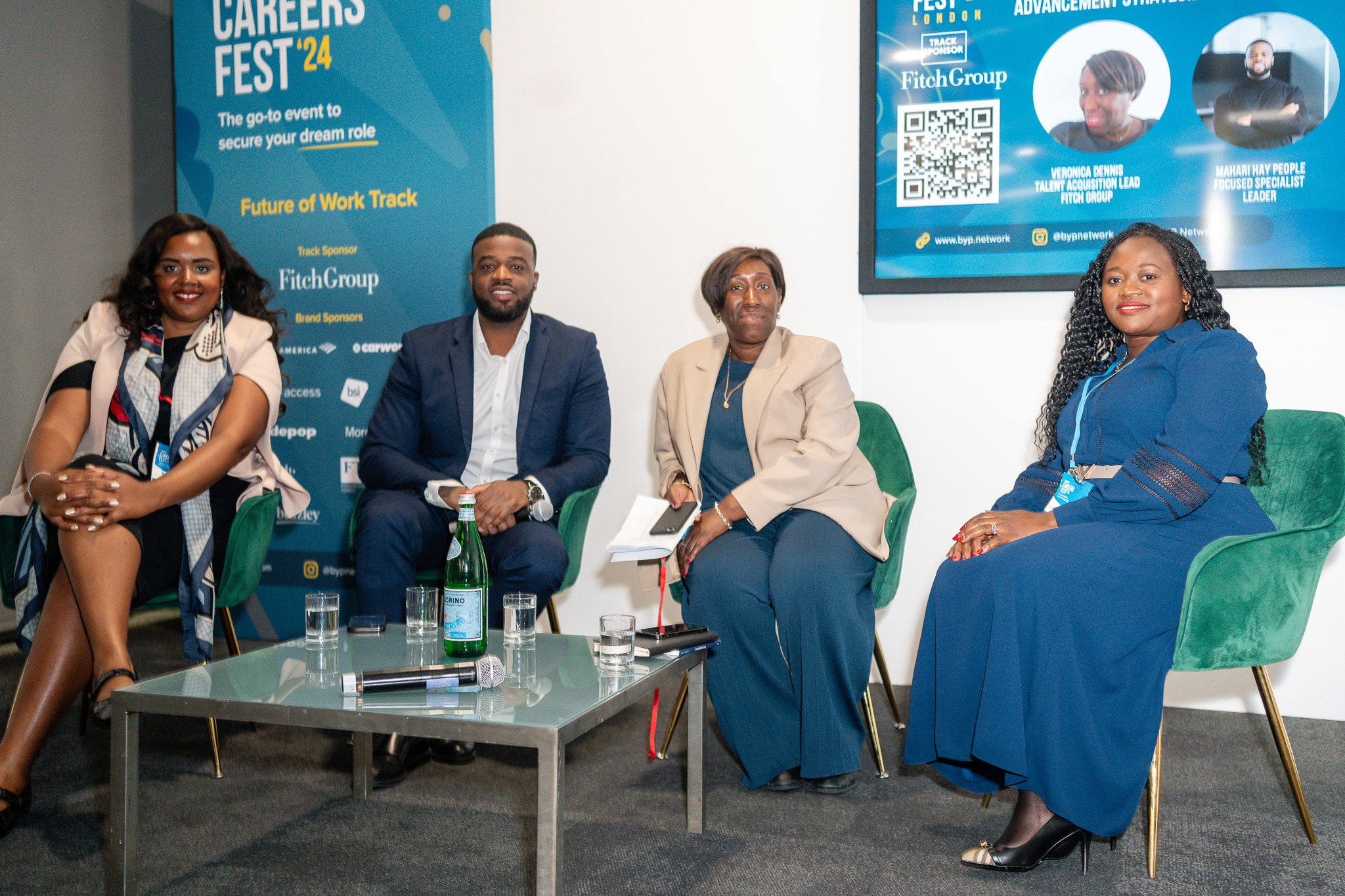George Floyd’s murder revealed a troubling and harmful system that has plagued African-Americans since the dawn of the trans-Atlantic slave trade. A system that, at its core, is discriminatory and violent. From the Tuskeegee, Alabama experiment, which infected more than 600 Black men with syphilis without their knowledge, to modern-day mass incarceration, which disproportionately criminalizes Black bodies, the toll is exhausting.
From historical figures like Tuskegee University founder, writer, and orator Booker T. Washington to modern figures like award-winning activist Tamika D. Mallory, the spirit of activism continues to drive change.
This month marks the commemoration of Black History Month (BHM) in the US, and we’re excited to celebrate by honoring Black Americans’ resistance against discrimination and racism.
The beginnings of Black History Month
After American slavery was abolished in 1865 and reconstruction began, many Black leaders advocated for Black history to be shared with younger generations. Formerly known as Negro History Week in 1924, the initial celebration was founded by Havard-trained scholar and author Carter G. Woodson and his organization, the Association for the Study of African American Life and History (ASALH).
His efforts, with the support of other Black scholars, would earmark a new wave of understanding and appreciation for Black Americans’ experiences, identities, culture, and societal contributions across the nation. In 1976, ASALH would drive the week-long celebration to a month with formal recognition by former US President Gerald Ford.
Black History as American History
Ahead of his time, Woodson, an outspoken leader, believed sharing the heritage of Black Americans empowered his community, whose history was often overlooked and ignored. Rather than succumbing to the discrimination of his time, he created an initiative centering on Blackness as a tool for education.
Today, Woodson’s legacy lives on not only during February but with a deeper exploration into his initiative that Black history is intricate in American history. While progress has happened, data reveals that 27 percent of Americans note that historical education taught in school did not accurately portray the Black experience.
When Black history is omitted from American reverence, it sends a message that there is a lack of appreciation. It dismisses the full spectrum of humanity and can never unite but only further disconnects communities. To embrace the full experiences of everyone is to begin a genuine process of healing and reconciliation, to create a world where we all are seen, heard, and validated authentically.
Dr. Martin Luther King, Jr. said, “A threat to justice anywhere is a threat to justice everywhere.” As we push for a more honest accounting of the history of the United States and across the diaspora, we must lean on the inspiration of those who’ve come before us, like Woodson and other Black leaders, to further support and advocate against inequity.
Here at BYP, we understand the connectedness of our fellow Black Americans, and our mission is to stand alongside them to build global communities that empower us all. Black History Month is a chance to be part of something bigger than ourselves and stand up for justice.
How you can help stand up for justice
Join our BY-Peers community groups or lead your own as a Chief Activator today!
Find out how you can get involved with Black History Month initiatives – this month and beyond.






